Crude Oil
Crude oil is a versatile resource widely used in everyday life for the production of essential products such as gasoline for transportation, plastics for various goods, and chemicals used in pharmaceuticals and cosmetics. Its significance extends beyond energy, playing a crucial role in manufacturing and modern conveniences. Its crucial role in powering transportation and serving as a foundational component in the production of various materials underscores the significant impact of crude oil on modern life. However, recognising the environmental impact and the imperative for sustainable practices, there is a growing emphasis on transitioning to cleaner and renewable energy sources to mitigate the long-term consequences of fossil fuel consumption.
As one of the pre-eminent suppliers of Oman Export Blend (OEB) crude, both producers and refiners trust in OQT’s capability to market, source or trade any grade required. We are well-versed in supplying seaborne crude to refineries (successfully doing so for the OQ8 refinery at Duqm) and optimising crude slate flexibility to help derive maximum value for the asset. Our portfolio of available crude grades is constantly expanding as we look to gain access to various crude grades globally.

Liquefied Petroleum Gas (LPG)
One of the most widely used fuels, LPG is used for cooking, heating, fuelling cars and as a petrochemical feedstock. As emerging markets seek to shift their demand towards lower carbon intensity fuel, LPG is emerging as one of the fastest growing fuel markets.
OQT is a supplier of pressurised and refrigerated LPG, with diversified and global sourcing.
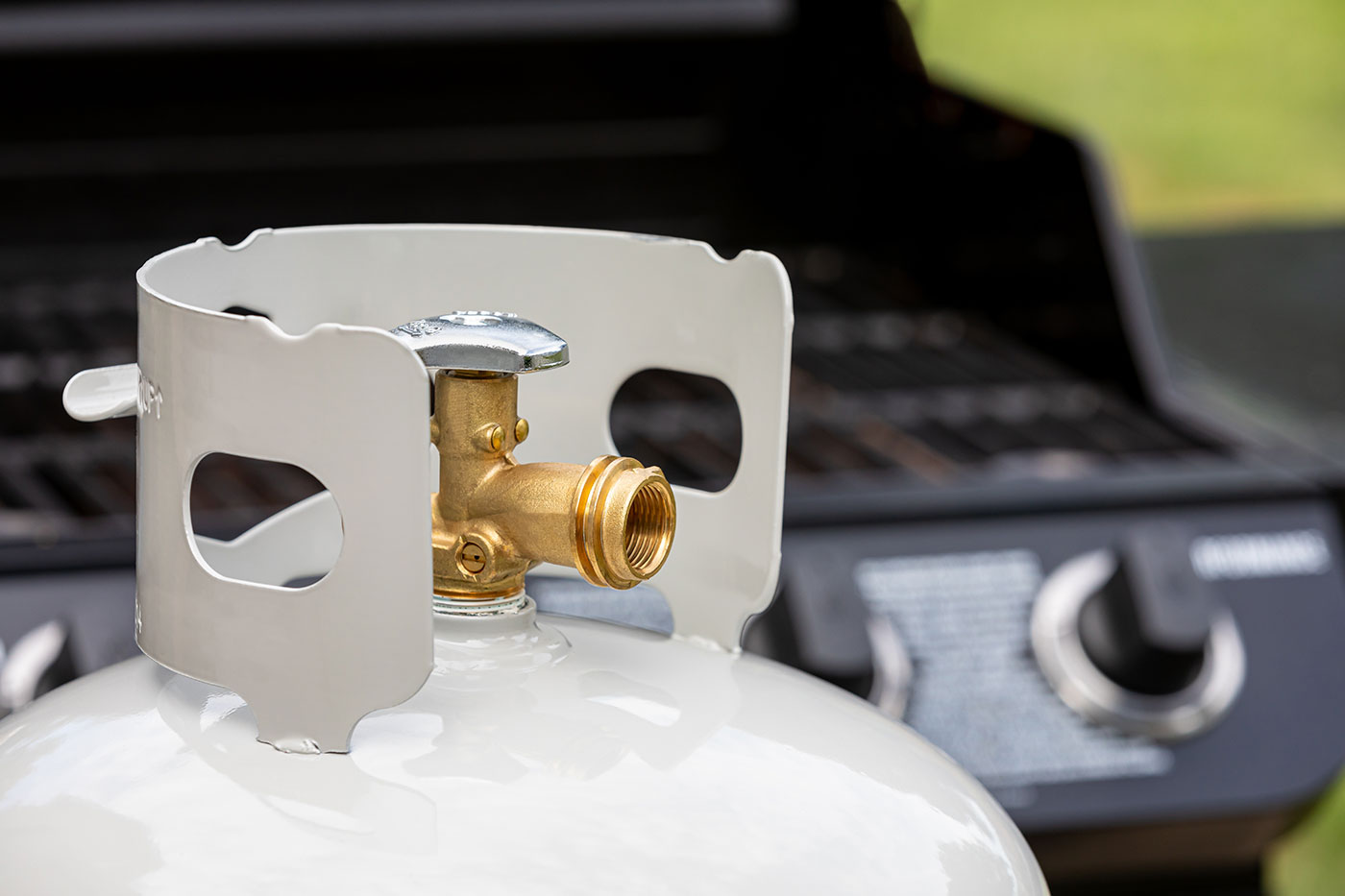
Naphtha
Naphtha, a versatile liquid hydrocarbon, serves various essential purposes. It is a key feedstock for the petrochemical industry, playing a crucial role in the production of plastics, synthetic fibres, and other chemicals. Additionally, naphtha is utilised in the refining process to create gasoline, contributing to the global energy supply. Its broad range of applications makes naphtha a valuable component in both the petrochemical and energy sectors.
OQT trades this product and uses it for its own gasoline blending purposes.

Gasoline
Gasoline, a widely used fuel, is essential for the transportation sector, powering cars, motorcycles, and other vehicles. Its combustion in internal combustion engines generates the energy needed for propulsion. Gasoline’s role as a convenient and efficient source of energy has made it a cornerstone of modern transportation systems globally.
Unlike other commodities, gasoline is often blended using several components to meet the varying specification requirements of different countries. OQT manages blending operations in multiple hubs, sourcing and supplying both components and finished grade gasoline for a global customer base.

Jet Fuel
Jet fuel, a specialised type of aviation fuel, is crucial for powering aircraft engines and enabling air travel. It is designed to meet the high-performance requirements of jet engines, providing the necessary energy for propulsion. Jet fuel’s efficiency, stability at high altitudes, and specific combustion characteristics make it an indispensable component in the aviation industry, facilitating global air transportation. The most used fuel for commercial aviation is Jet A1, which is produced to a standardised international specification.
With growing concerns over climate change and environmental sustainability, there is a notable surge in interest surrounding Sustainable Aviation Fuel (SAF) as a viable alternative to conventional jet fuel. As stakeholders increasingly prioritise reducing carbon emissions, SAF offers a promising solution to help mitigate the environmental impact of air travel while maintaining the critical performance standards required by the aviation industry. OQT is actively exploring opportunities for production and offtake agreements to incorporate this product into its portfolio in the near future.

Gasoil and diesel
Gasoil, also known as diesel fuel, serves as a vital energy source primarily in the transportation sector. It powers diesel engines in various vehicles, including trucks, buses and trains, enabling the efficient and reliable movement of goods and passengers. Additionally, gasoil is widely utilised in industrial settings and for backup power generation due to its high energy density and stability during combustion.

Fuel Oil
Fuel oil finds application in diverse industrial and residential sectors. It is commonly used as a heating fuel for homes and businesses, providing warmth through furnaces and boilers. In industrial settings, fuel oil serves as a source of energy for power generation, and its residual form, known as bunker fuel, is utilised in marine engines for large ships. While acknowledging its higher carbon intensity compared to cleaner alternatives, fuel oil remains a vital resource for driving economic growth in developing nations, serving as a primary source of power generation in many emerging and even some developed economies today.

Sulphur
Sulphur, a versatile commodity, finds extensive applications in agriculture, petrochemicals, and manufacturing – from enhancing soil fertility as a crucial component in fertilisers to serving as a key ingredient in various industrial processes. Additionally, it is emerging as an important product in the global energy transition, finding application in the production of clean energy technologies such as batteries and solar cells.
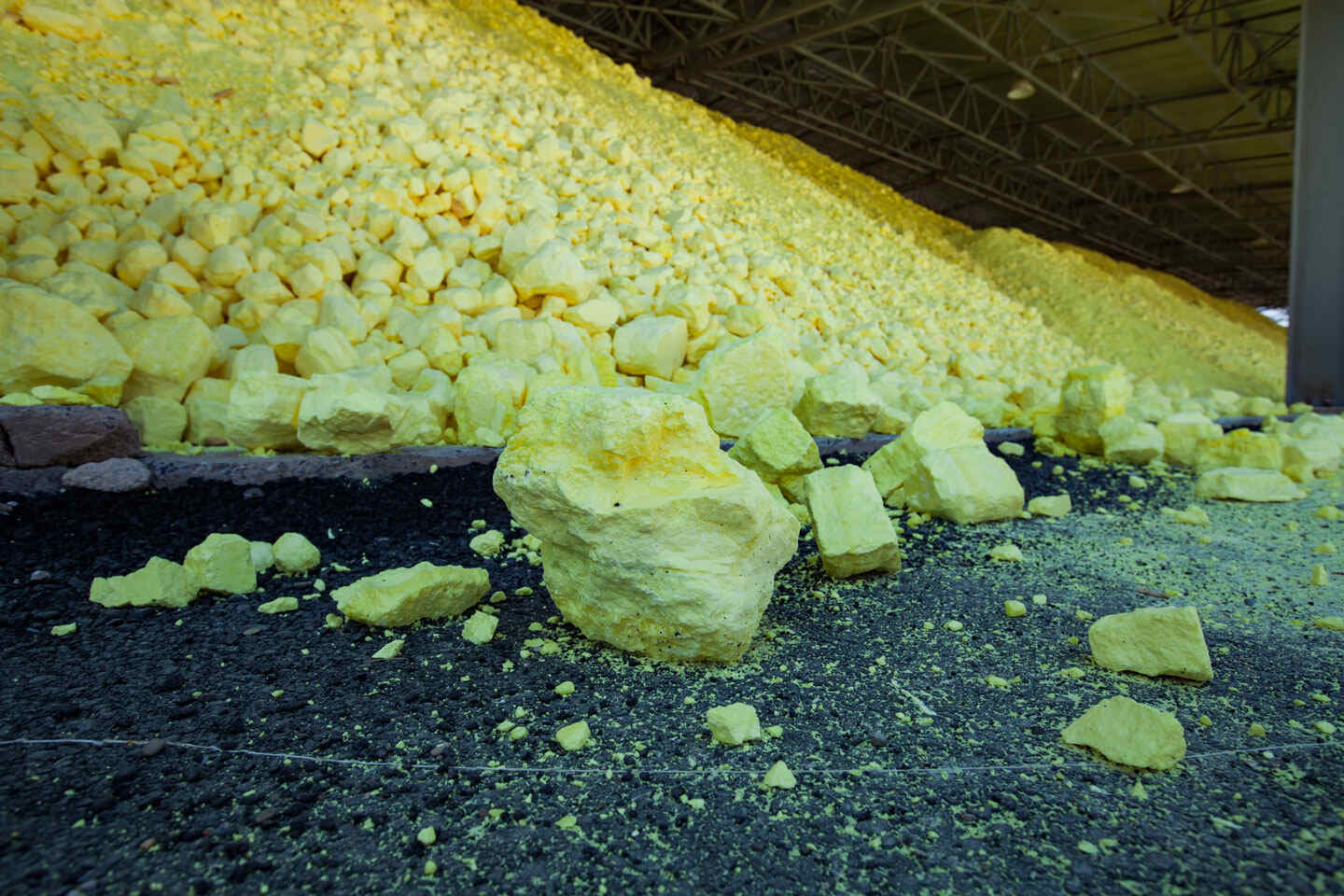
Methanol
Methanol provides a cost-efficient method of converting natural gas to liquid, making it easily transportable as an essential chemical feedstock used to produce hundreds of everyday industrial and consumer items. It has also increasingly become a clean-burning, cost-competitive alternative fuel in a fast-growing market, especially in direct gasoline blending, methanol-to-olefins, and biodiesel.
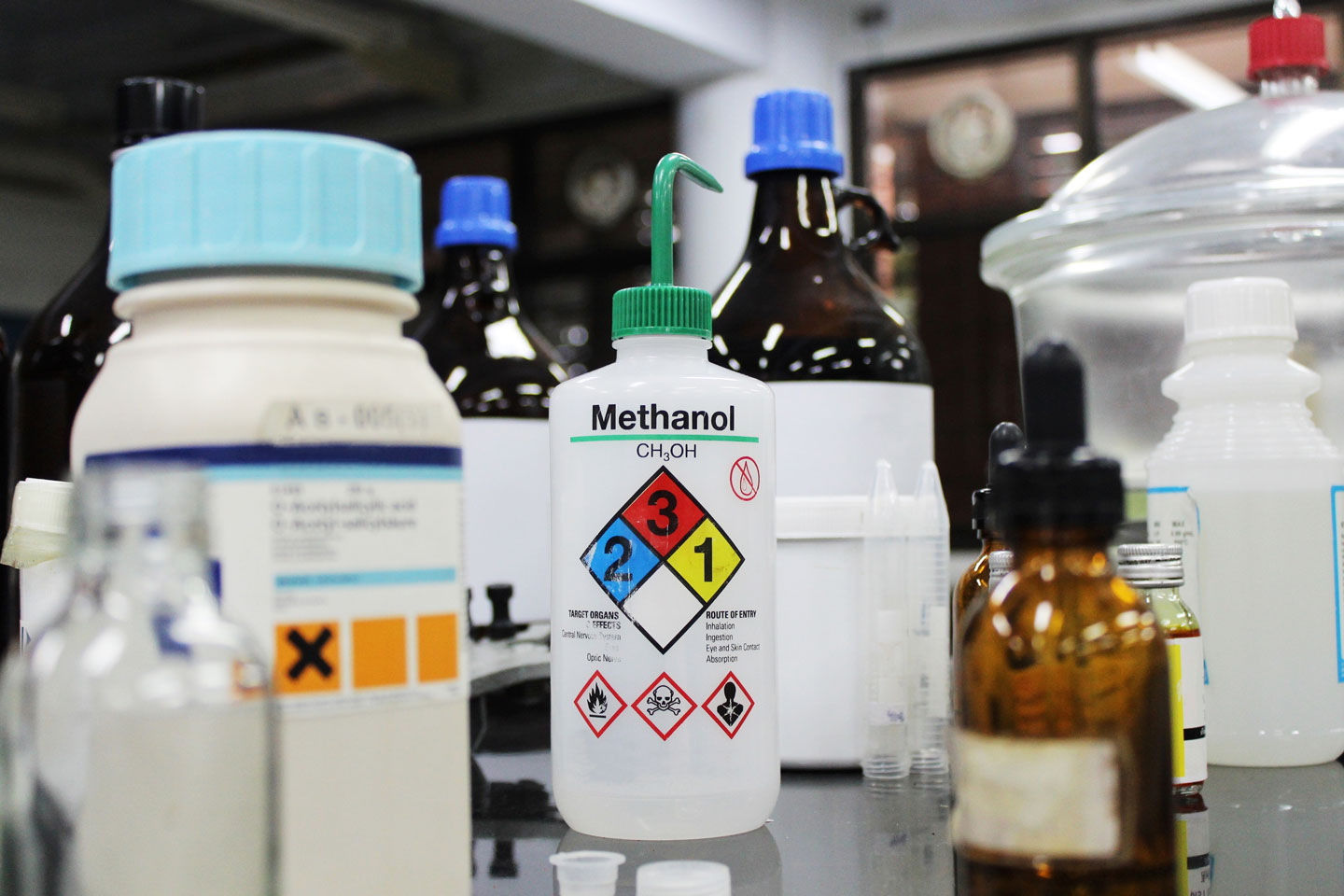
Aromatics
Aromatics are hydrocarbons that are mainly derived from oil and, in smaller quantities, from coal. The main Aromatics products are Paraxylene, Benzene, Toluene and Xylenes. They are primarily used as feedstock for a wide range of petrochemical intermediate products and to a lesser extent as octane boosters for gasoline blending.
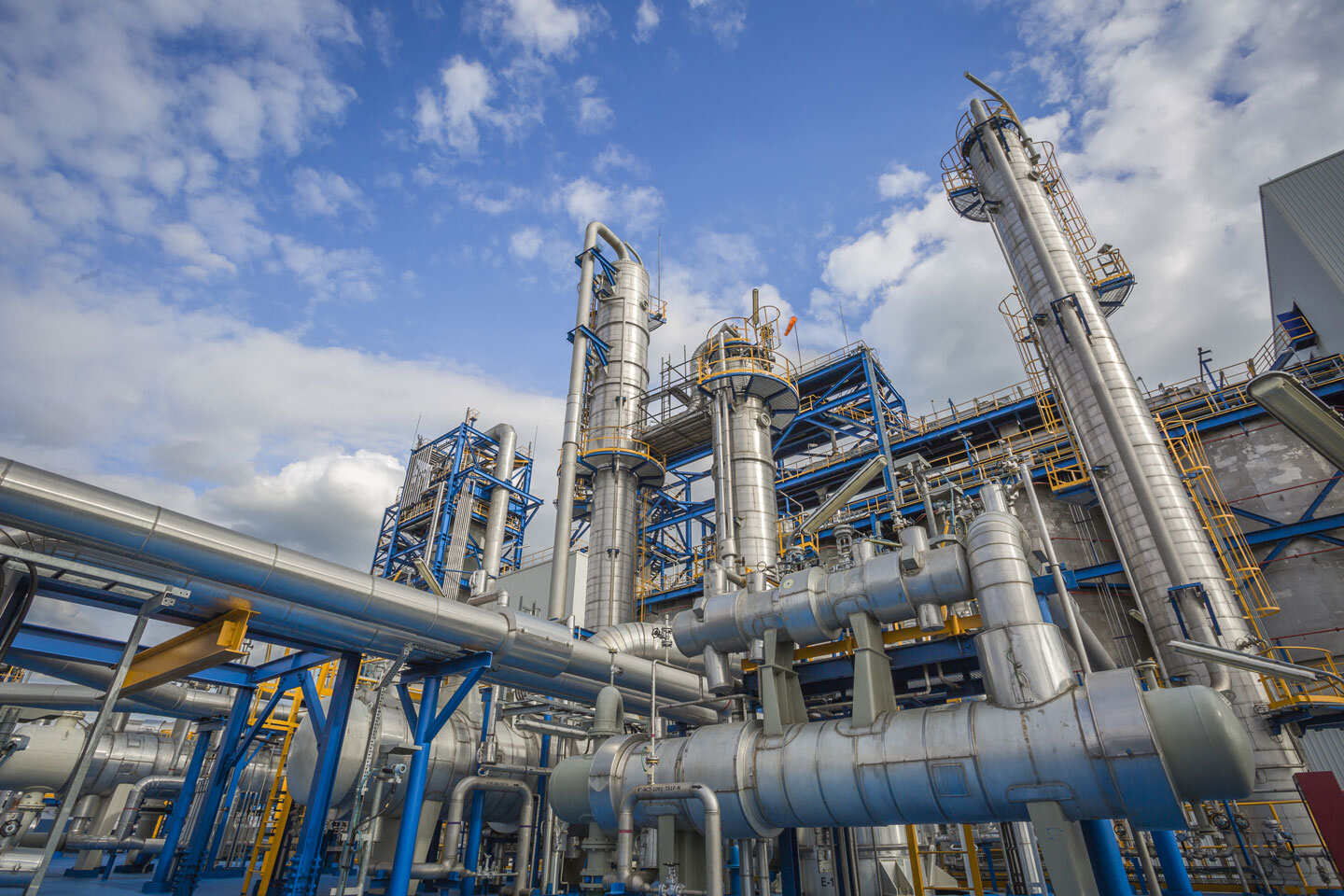
Ammonia
Ammonia has gained attention as a versatile chemical with potential applications in the energy transition. One significant use is as a feedstock for fertilisers, contributing to agricultural productivity. Moreover, ammonia is being explored as a clean energy carrier, as it can be used as a hydrogen carrier for fuel cells or as a direct fuel in certain combustion processes, offering a potential solution for storing and transporting renewable energy. This dual role in both traditional agriculture and emerging clean energy technologies positions ammonia as a promising player in the transition towards a more sustainable and low-carbon future.
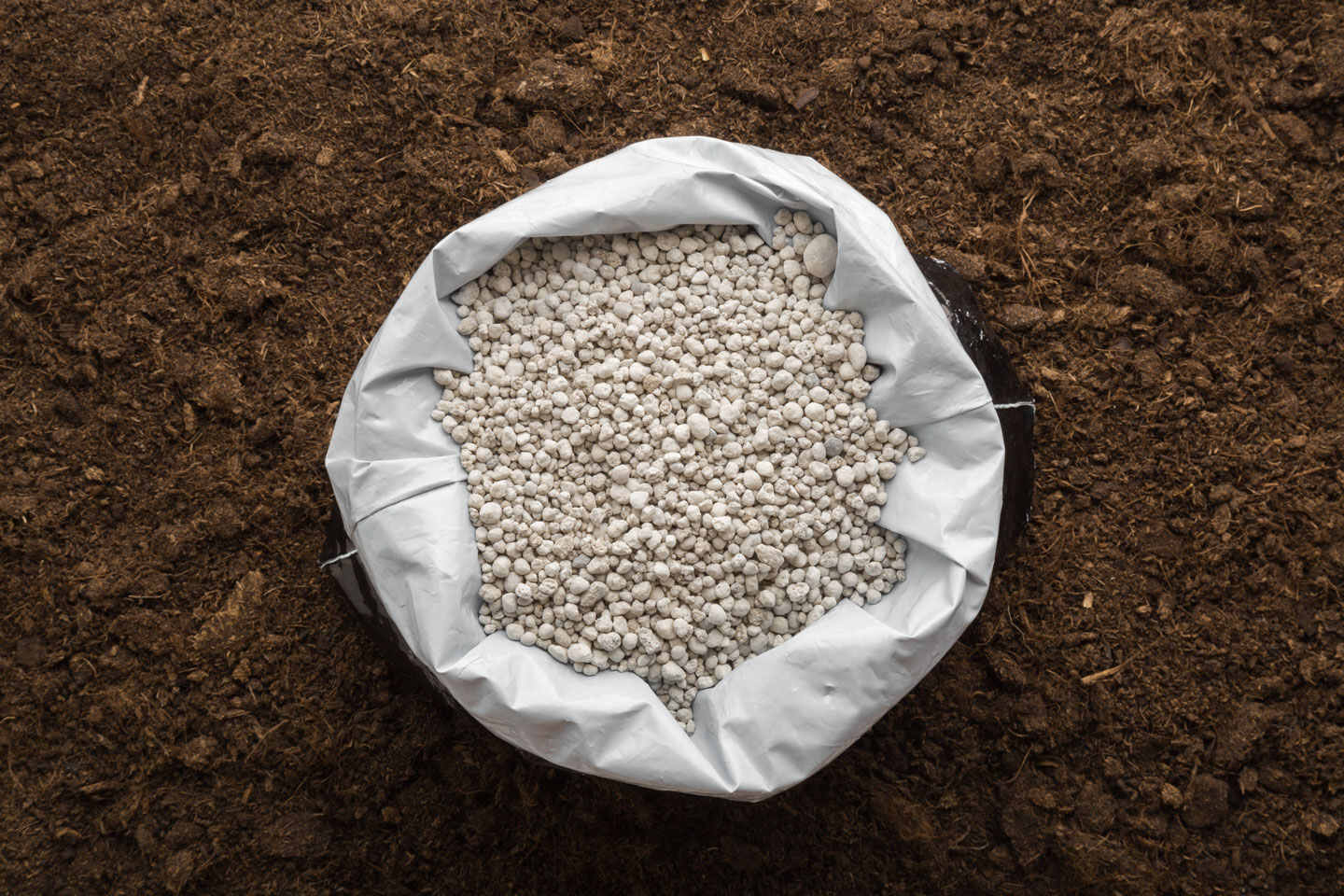
Fertilisers
Fertilisers play a pivotal role in enhancing agricultural efficiency by providing essential nutrients to crops, promoting robust growth, and maximising yields. There are three primary types of fertilisers: nitrogen-based fertilisers stimulate leaf and stem development, phosphorus-based fertilisers support root growth and flowering, while potassium-based fertilisers contribute to overall plant health and resilience.
OQT currently predominantly trades urea, a nitrogen-based fertiliser. In addition to its use as fertiliser and feed supplement, urea is also used as a starting material in the manufacture of plastics and drugs. OQT intends to continue to expand its fertilisers trading portfolio in the future to include additional complementary products.

Liquified Natural Gas (LNG)
Liquefied Natural Gas (LNG) plays a central role in the energy transition, serving as a cleaner alternative to traditional fossil fuels. Primarily, LNG is utilised for efficient storage and transportation of natural gas, enabling its delivery to regions with limited pipeline infrastructure. Beyond its conventional use, LNG is gaining prominence as a transition fuel, supporting the shift towards lower-carbon energy sources by reducing greenhouse gas emissions in sectors such as transportation and power generation.

Carbon Emissions
Carbon emissions and their credits play a critical role in the global energy transition as efforts focus on reducing the environmental impact of human activities. Carbon credits, earned through initiatives that avoid, reduce or capture emissions, serve as a market-based mechanism to incentivise sustainable practices. In the context of the energy transition, these credits contribute to the overall goal of mitigating climate change by encouraging the adoption of cleaner technologies and fostering a transition towards a low-carbon and sustainable future.
Having developed the first carbon project in Oman in 2012, OQT has always been at the forefront of Omani emissions efforts. With increased focus on carbon markets being a key part of the modern world, OQT manages offsetting and decarbonisation needs not just within OQ but for other industry stakeholders.
